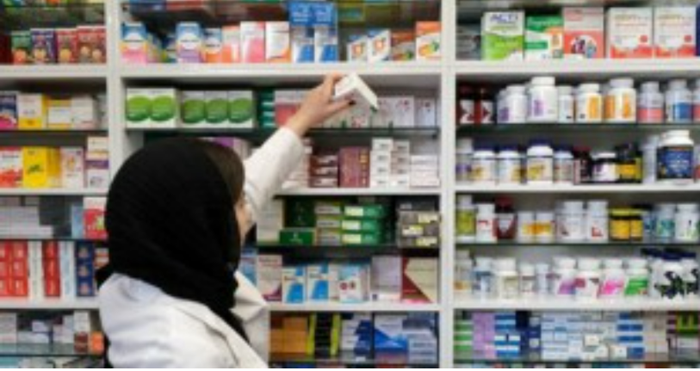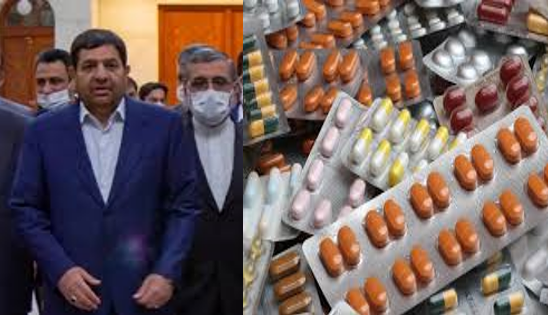

Mohammad Najafi Arab, the head of the Chamber, conveyed his concerns during an interview with the ILNA news agency, emphasizing the critical state of drug availability in the country. He predicted that without swift action, Iran could face a shortage of essential medications, impacting public health significantly.
Arab criticized the government and social security systems for their failure to fulfill financial obligations to the private sector, particularly affecting the procurement of medicine. He pointed out the difficulties faced by private healthcare enterprises in reclaiming their working capital due to the delayed and inadequate distribution of currency for medicine imports.
The pharmaceutical sector’s troubles were previously underscored on January 29th by Mohammad Abdezadeh, chairman of the Iranian Human Medicine Industry Owners Syndicate. In a meeting addressing liquidity issues within the drug supply chain, Abdezadeh outlined several critical challenges, including currency exchange reimbursements, irregular payments by insurance organizations, and logistical hurdles. He also highlighted the negative impact of Central Bank policies and regulatory barriers imposed by the Food and Drug Organization on the industry.

Adding to the sector’s woes, Hadi Ahmadi, Public Relations Director of the Tehran Pharmacists Association, disclosed the substantial debt insurance organizations owe to pharmacies. With a staggering 6.5 trillion tomans due monthly, pharmacies have been left unpaid for about four months, accumulating a total claim of 26 trillion tomans.
Mokhber claimed a 30% increase in the currency allocated for medicine procurement compared to the previous year. However, the Ministry of Health’s initial request for 105 trillion tomans for pharmaceutical implementation in the 2023 budget was significantly cut by parliamentary revisions to 69 trillion tomans, leaving the sector with only a fraction of the needed funds.
The ongoing currency shortages are further aggravated by the government’s controversial financing of supported militias, despite official narratives blaming sanctions for the delays in currency and medicine supplies. This has raised public concern and scrutiny over the prioritization of militia financing over essential healthcare needs, signaling a growing discontent with the government’s allocation of resources amidst a critical healthcare crisis.

MEK Iran (follow us on Twitter and Facebook), Maryam Rajavi’s on her site, Twitter & Facebook, NCRI (Twitter & Facebook), and People’s Mojahedin Organization of Iran – MEK IRAN – YouTu







